What Happens To Your Body When You Give Up Dairy
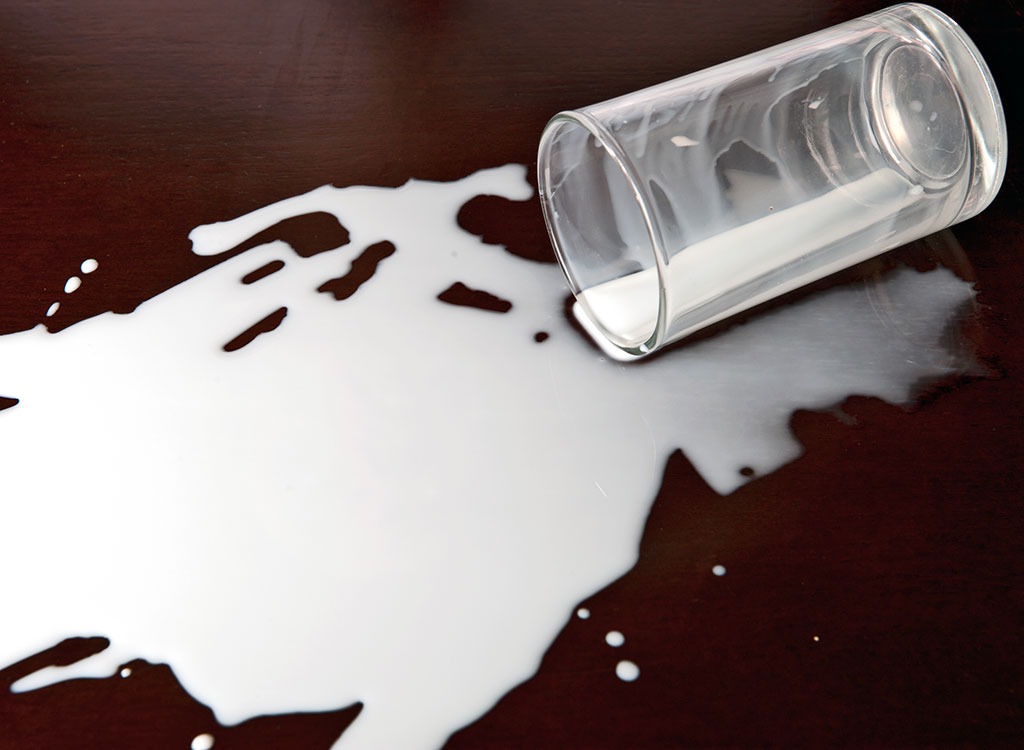
Mom always said, “Drink your milk.” But mom also told us a lot of other things about our health that didn’t turn out to be true. (Our faces never did freeze like that.) And now more and more studies are showing that another of mom’s classic directives may be off-base for some. When I designed the Zero Belly Diet, I asked my test panel to start a completely dairy-free diet for six weeks, just one of a handful of small tweaks that resulted in enormous changes: some people lost as much as 16 pounds in 14 days, and up to 7 inches off their waist in just six weeks. (The plan was so effective, readers clamored for more dairy-free recipes, which is why I’ve just released the Zero Belly Cookbook, with more than 150 simple and delicious belly-flattening meals, snacks and even desserts.)
Now, I’m still a big believer that milk can be great for some diets—it’s high in protein, good for blood pressure, and an excellent source of Vitamin D and bone-friendly calcium. But I’ve also seen that cutting down on milk can result in an almost immediate reduction in your waist size for some people, as your gut becomes less bloated and your belly flattens out rapidly. “I saw results almost immediately,” said Martha Chesler, one of our original test panelists, who lost 7 inches off her waist in six weeks. A flat belly isn’t the only benefit. Check out some of the amazing things that happen to your body when you give up the cow juice.
You’ll Lose Weight
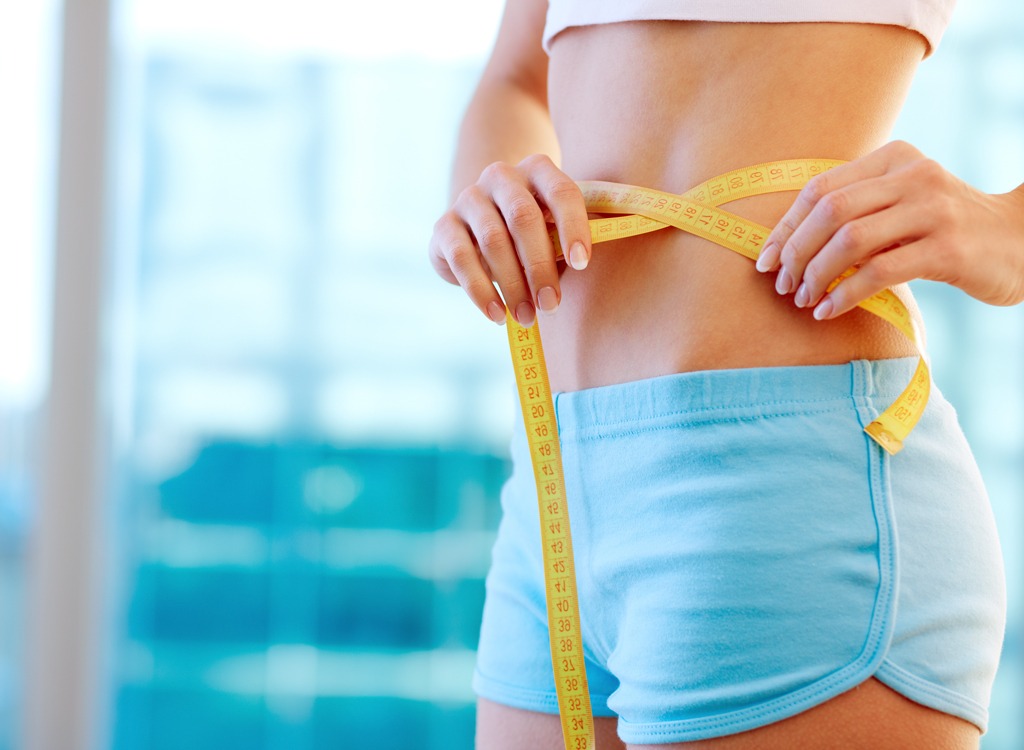
With all those “Got Milk?” ads popping up, it’s easy to believe that dairy campaigns inundating the media, it’s no wonder why we tend to associate dairy consumption with being slimmer and healthier. But all the moo-related marketing might not be all that it’s milked to be: One meta-analysis published in The Journal of Clinical Nutrition, which reviewed nearly 30 studies, found that results don’t “support the beneficial effect of increasing dairy consumption on body weight and fat loss.” Simply put: There’s no solid scientific evidence that eating dairy will boost weight loss or even help you maintain your weight. In fact, an Archives of Pediatric and Adolescent Medicine study of more than 12,000 kids found that the more milk they consumed, the more weight they gained. And given that recent research has concluded that veganism is the absolute top lifestyle for weight loss, starting a dairy-free diet might be one easy way to start your bathroom scale trending downward.
Your Digestion Could Improve
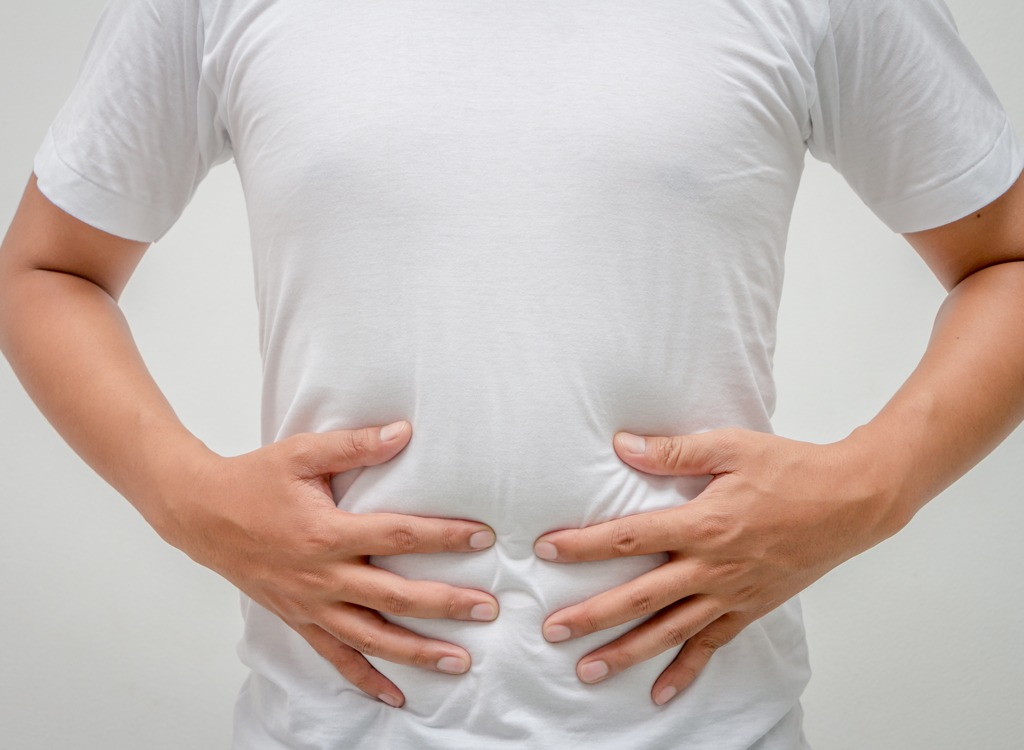
About 65 percent of the population suffers from lactose intolerance, a gastrointestinal condition in which the body is unable to easily digest lactose, a type of naturally occurring sugar in dairy. The reason: Most people actually stop producing lactase—the enzyme required to digest dairy—in adulthood. That may be part of our body’s natural defense system: People who are lactose intolerant have a lower risk of lung, breast and ovarian cancers, perhaps because they eat far less dairy, according to a 2014 study in the British Journal of Cancer. Yet countless Americans drink their milk and endure the resulting discomfort anyway. The problem can be even more pronounced for people who suffer from irritable bowel syndrome, or IBS, so if you find yourself feeling the symptoms, you might want to give a dairy-free diet a go.
Your Skin Will Clear Up

Instead of buying expensive products, the simple act of going on a dairy-free diet may quell skin flare-ups. Many dermatologists also recommend starting a dairy-free diet as the first course of action against skin conditions such as acne and eczema. Many of our test panelists reported an improved complexion as one of the incredible side benefits of the Zero Belly plan. “It’s easy to stick with and makes sense,” said Jennie Joshi, who lost 11 pounds and 2 inches off her waist. “And the added benefits: flawless skin, less bloating and more energy!”
You’ll Strengthen Your Bones

Going on a dairy-free diet can actually help you strengthen your bones. Wait a minute: But isn’t drinking milk the best way to get bone-strengthening calcium? Not according to a 2014 study in the British Medical Journal. Researchers found that the more milk people drank, the more likely they were to suffer hip fractures. (Yogurt did have some protective powers, however; that may be because much of the lactose in yogurt is destroyed by the bacteria that ferments it, or because of the protective properties of the bacteria itself.)
You’ll Still Get Plenty of Calcium
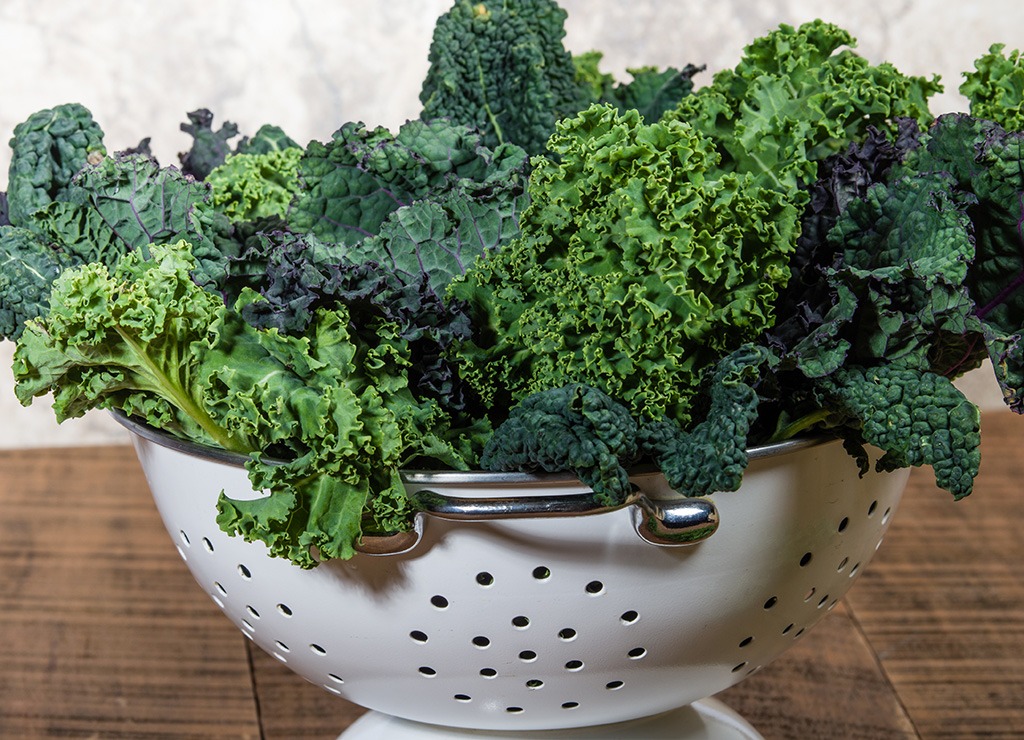
We tend to make a nearly instant association between dairy and calcium, but there are countless plant-based sources of this vital bone-building mineral. Leafy greens, beans, nuts, fruits (especially oranges and figs), and fortified cereals and nut milks deliver plenty of non-dairy-derived calcium. For instance, a bowl of Total cereal gives you an entire day’s worth of calcium—before you add any milk.
You’ll Slash Your Risk for Diabetes

Thanks to our society’s focus on cutting fat, most of the dairy products you’ll encounter nowadays are reduced-fat, skim, fat-free, 1%, or some other processed variation on what originally came out of the cow. Here’s the definitive word: Low-fat dairy is bad for you. In fact, the more low-fat dairy products you eat, the higher your risk of diabetes, according to a 2015 study of nearly 27,000 people in the American Journal of Clinical Nutrition. The reason may be that manufacturers replace the missing fat with sugar, turning their dairy products into diabetes-delivery systems. If you’re trying to cut down on fat and calories, low-fat dairy is not the way to do it.
Can’t quit dairy altogether?
Switch Milk For Yogurt
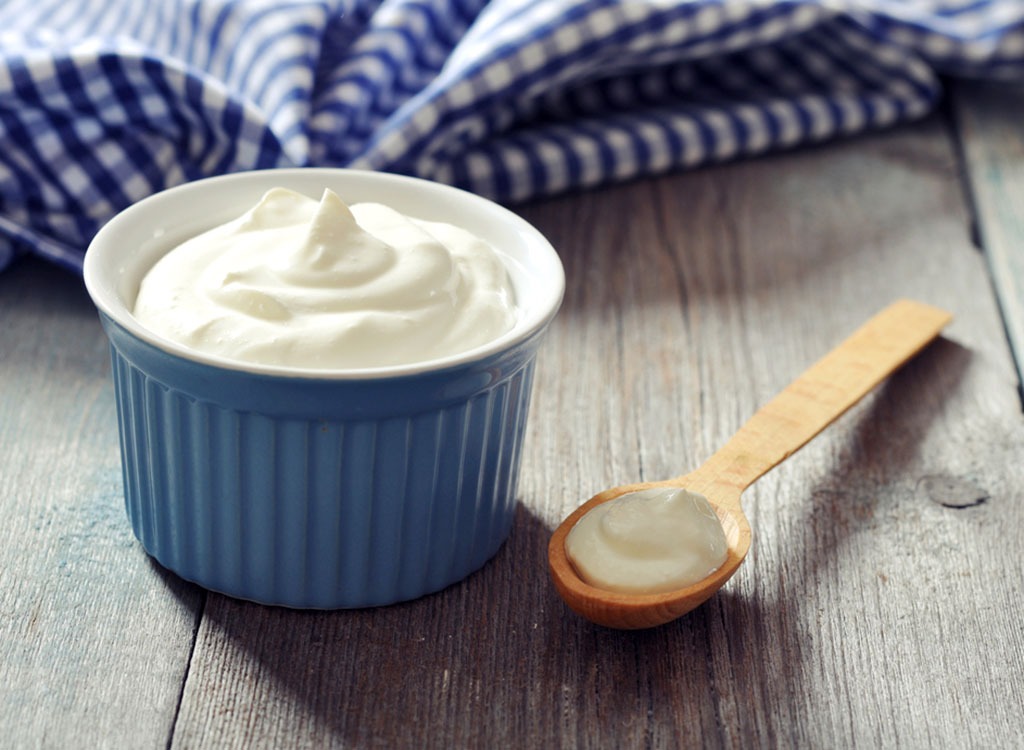
If you can’t take the plunge and go cold turkey (so to speak), consider using plain, full-fat yogurt in place of milk when possible—as a base for cereals or smoothies, for example. Those who eat yogurt frequently have better bone density than those who eat other types of dairy, according to a study in the journal Arch Osteoporosis. And the probiotics in yogurt, which you won’t find in milk, can significantly aid weight loss, according to a study in the British Journal of Nutrition.